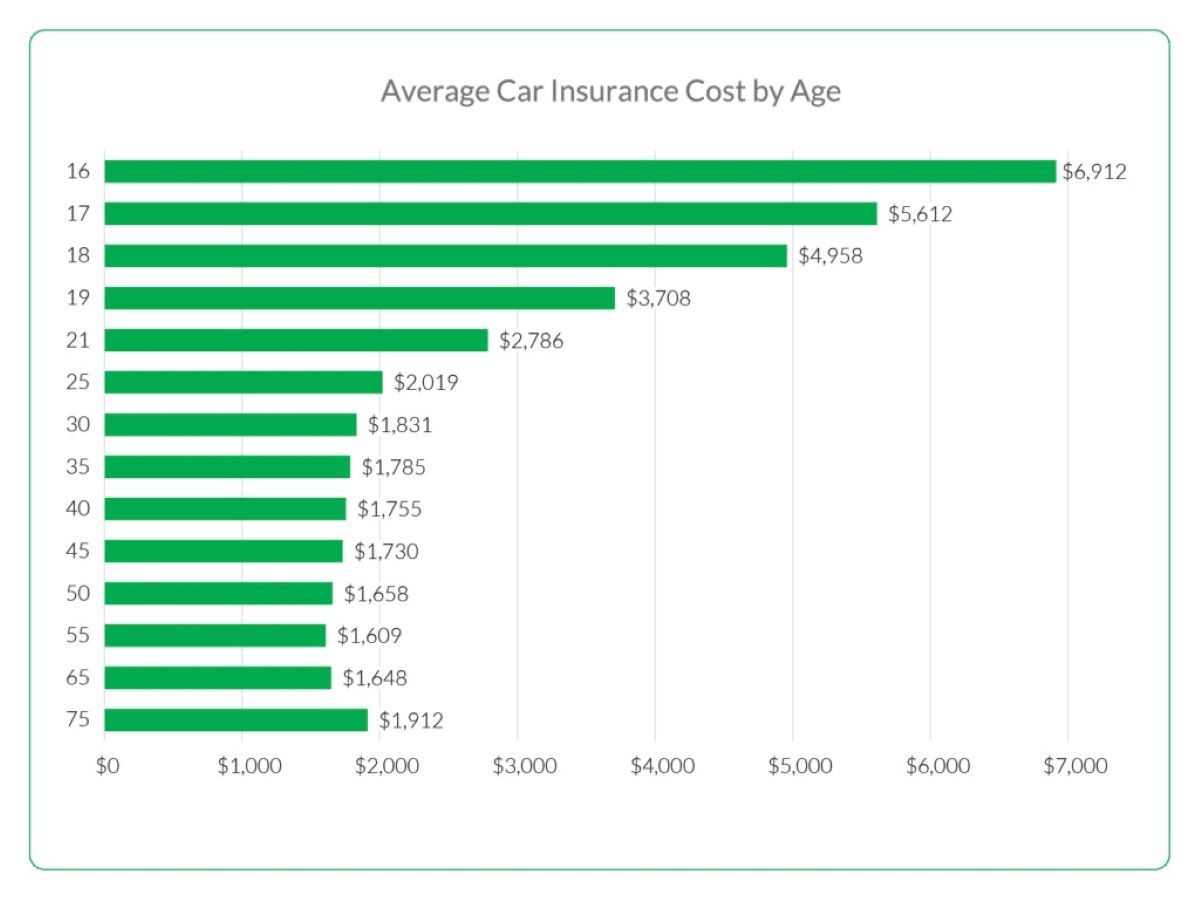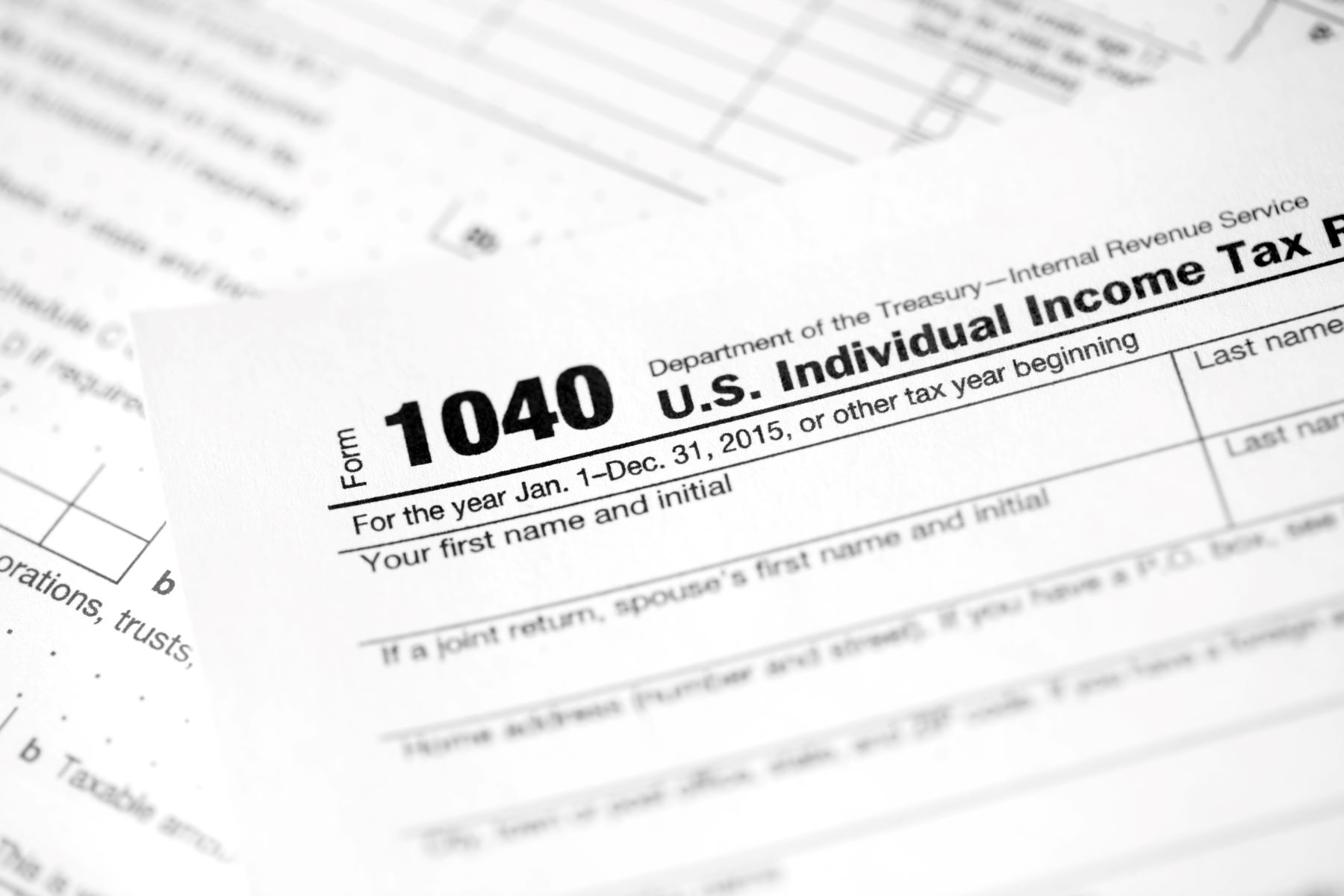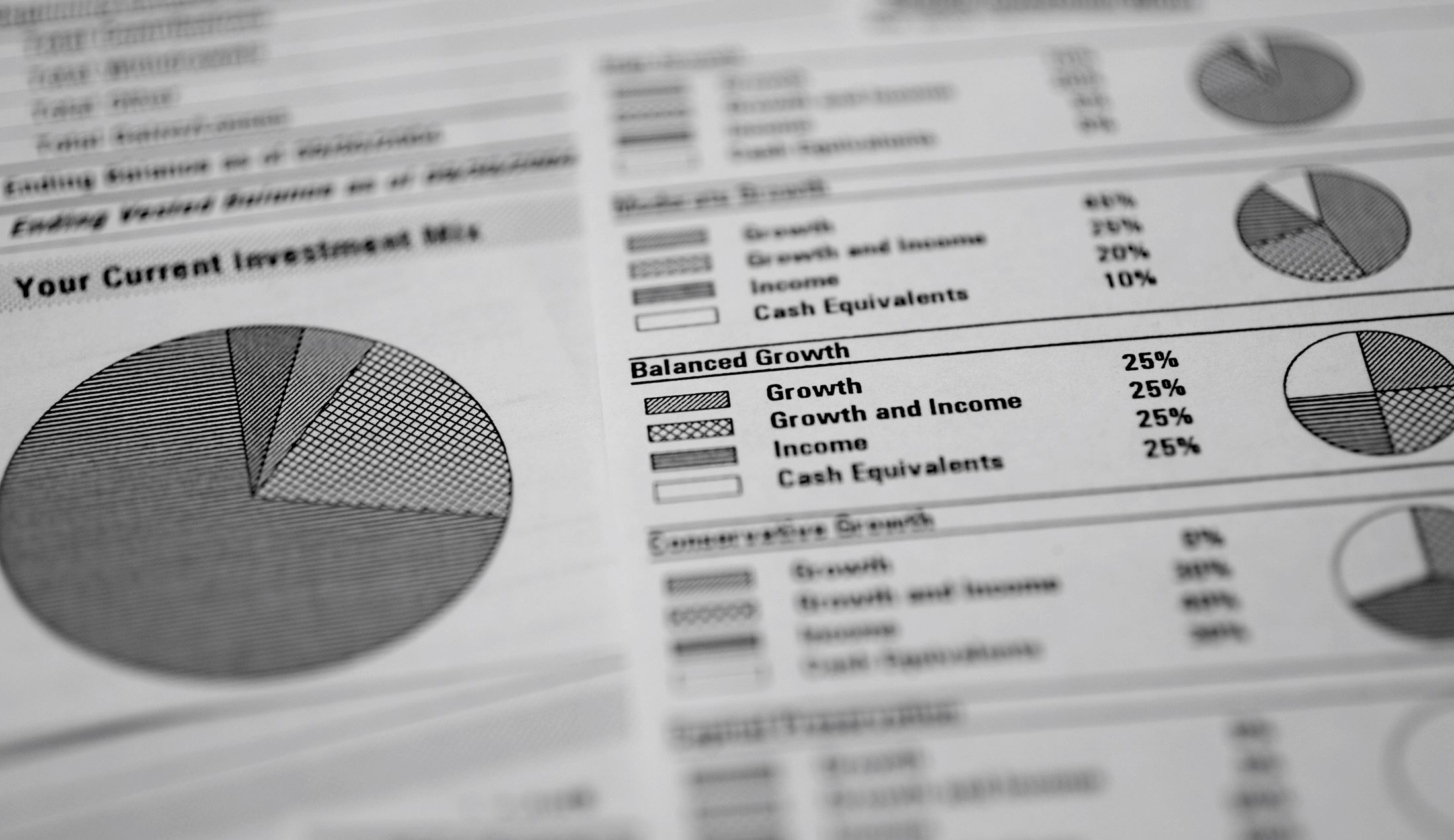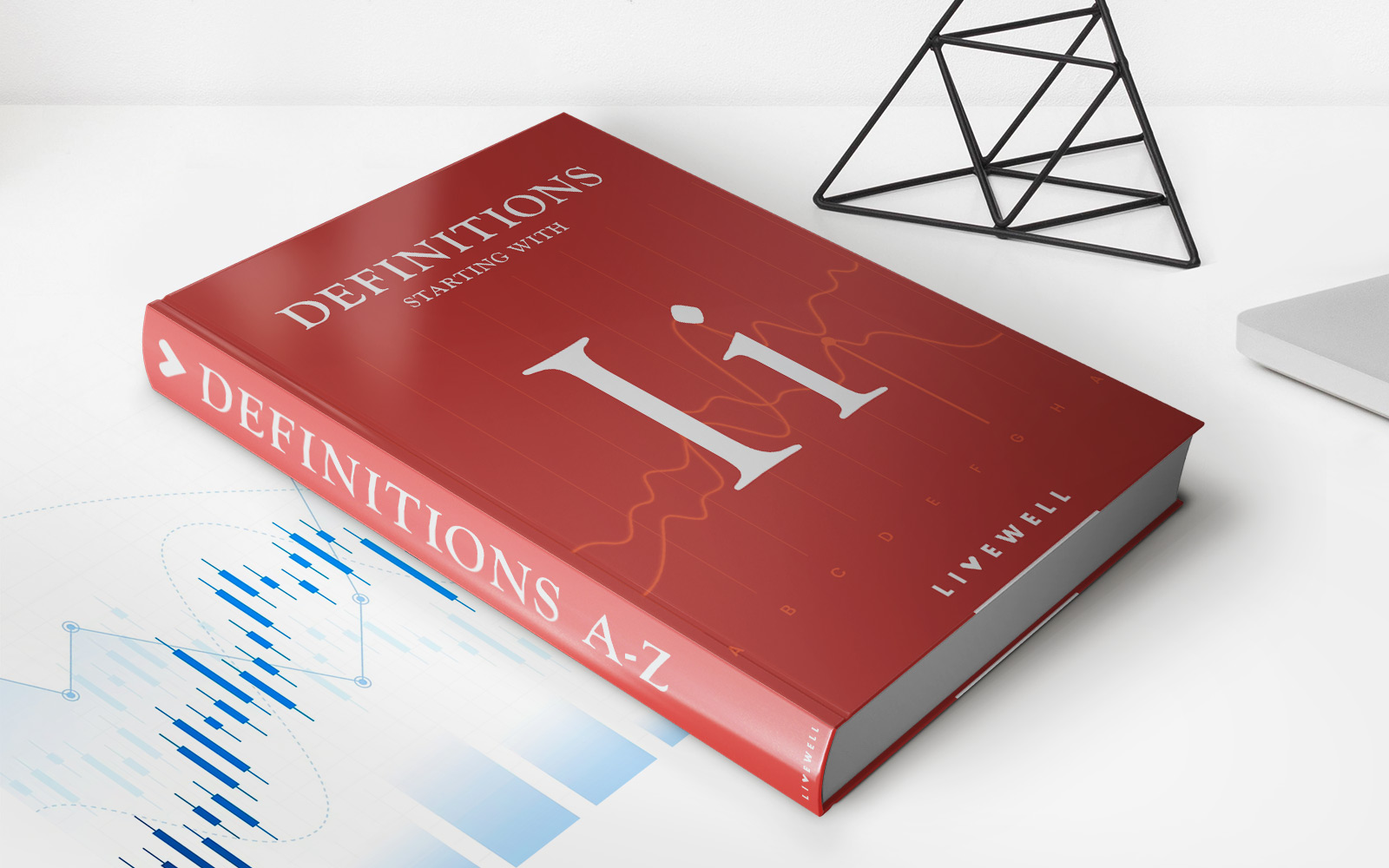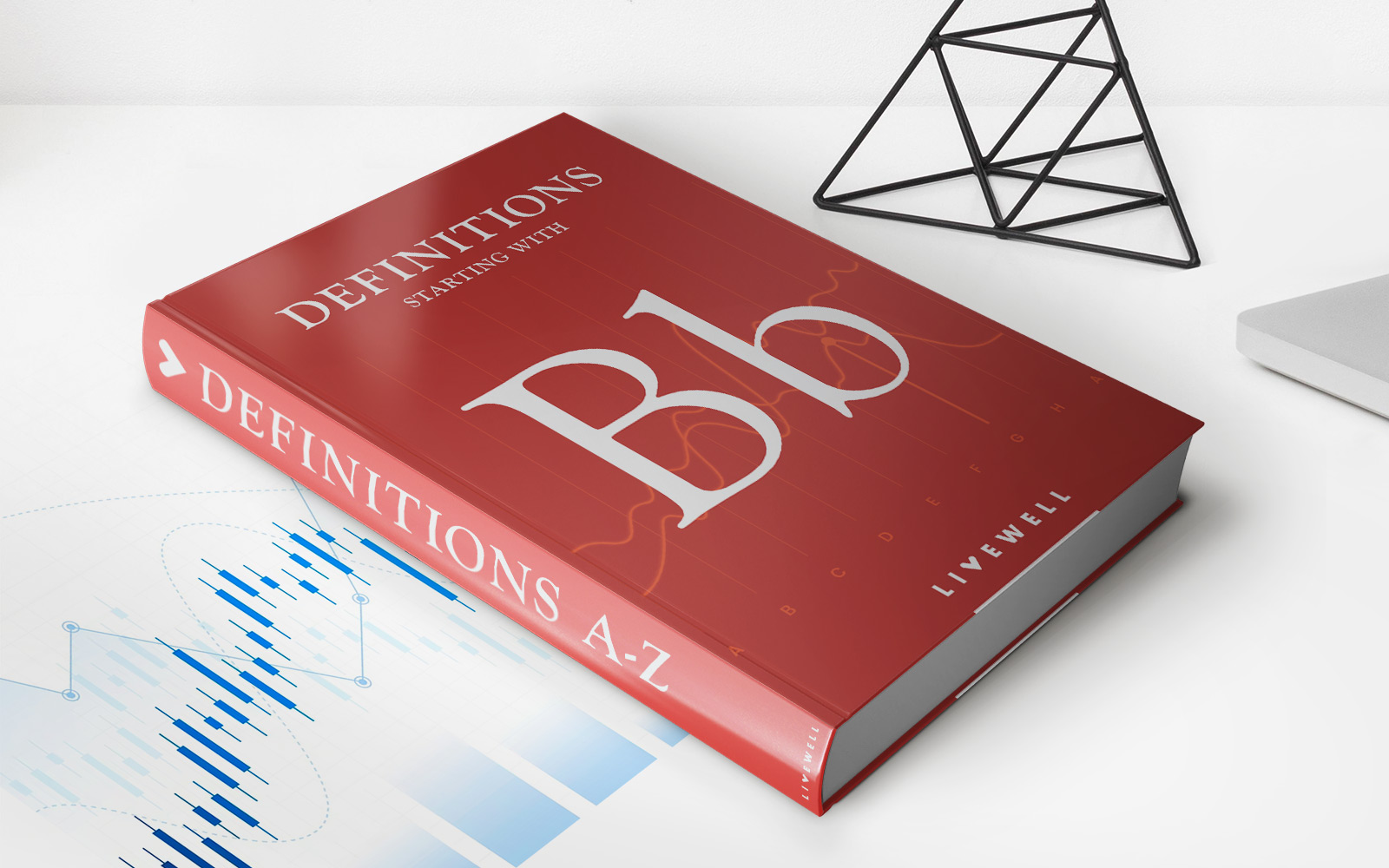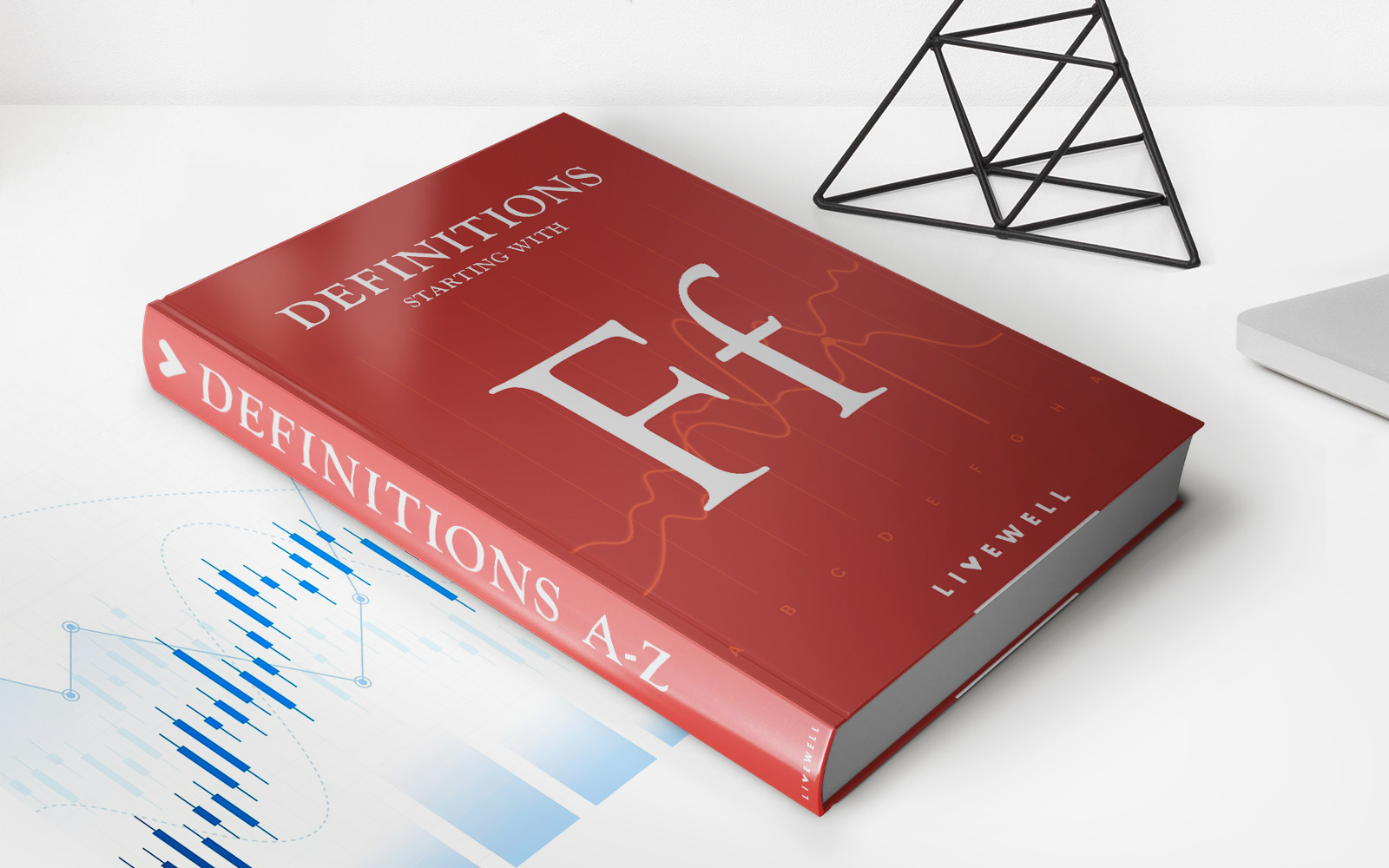

Finance
Why Did My 401K Balance Go Down
Modified: February 21, 2024
Discover why your 401K balance went down and learn how to navigate personal finance challenges with expert advice on investments and savings.
(Many of the links in this article redirect to a specific reviewed product. Your purchase of these products through affiliate links helps to generate commission for LiveWell, at no extra cost. Learn more)
Table of Contents
Introduction
Having a 401K retirement account is a great way to save for the future and secure your financial well-being. It allows you to contribute a portion of your salary on a pre-tax basis, and many employers offer a matching contribution to help you grow your nest egg even faster.
However, if you noticed that your 401K balance has gone down recently, you may be concerned and wondering why. It’s important to understand that fluctuations in your balance are a normal part of investing, and there can be several factors at play.
In this article, we will explore some of the common reasons why your 401K balance may have decreased. Understanding these factors can help you make informed decisions and take proactive steps to optimize your retirement savings.
It’s worth noting that while we will provide some general explanations, it’s always a good idea to consult with a financial advisor or your plan administrator for personalized guidance based on your specific situation.
Market Volatility
One of the key factors that can cause your 401K balance to go down is market volatility. The stock market is known to experience ups and downs, and these fluctuations can directly impact the value of your investments.
During periods of market volatility, it’s common to see a drop in stock prices, which can lead to a decrease in the value of the mutual funds or individual stocks held within your 401K. This, in turn, can bring down your overall account balance.
It’s important to remember that market volatility is a normal part of investing. Markets can be affected by numerous factors including economic conditions, political events, and global trends. While it may be unnerving to see your 401K balance decrease during times of market uncertainty, it’s essential to stay focused on your long-term investment strategy.
Historically, the stock market has demonstrated a tendency to bounce back from downturns and generate positive returns over the long run. Trying to time the market or making impulsive investment decisions based on short-term market fluctuations is generally not advisable. Instead, it’s often recommended to maintain a diversified portfolio and stay invested for the long term, taking advantage of potential market rebounds.
Keep in mind that your 401K is a long-term investment vehicle, typically spanning several decades until retirement. Short-term market fluctuations should not deter you from your ultimate objective of growing your retirement savings. It’s crucial to maintain a disciplined approach and not let emotions guide your investment decisions.
Economic Factors
Economic conditions play a significant role in the performance of financial markets and can influence your 401K balance. Changes in the overall economy can affect the profitability of companies and the value of investments, resulting in fluctuations in your account balance.
For example, during an economic recession, when there is a downturn in economic activity, companies may experience lower sales and profits. This can lead to reduced stock prices and, consequently, a decrease in the value of the stocks held within your 401K.
Similarly, changes in interest rates can impact the performance of fixed-income investments, such as bonds, which may form part of your 401K portfolio. When interest rates rise, bond prices tend to fall as new bonds with higher coupon rates become more attractive. This can lead to a decline in the value of bond holdings in your account.
It’s important to keep in mind that economic cycles are a natural part of the market’s ebb and flow. Over time, economies tend to go through periods of expansion and contraction. While economic downturns can temporarily impact your 401K balance, it’s crucial to maintain a long-term perspective and understand that markets have historically recovered from such downturns.
Monitoring economic indicators and staying informed about macroeconomic trends can provide you with insights into the factors influencing your investment returns. However, it’s important to remember that attempting to predict or time the market based on economic conditions is challenging and often not advisable. A diversified and disciplined investment strategy is typically more effective over the long term.
Investment Performance
The performance of the investments within your 401K can directly impact your account balance. If the investments in your portfolio underperform, it can result in a decrease in your overall balance.
Investment performance is influenced by various factors, including the specific asset classes and investment strategies chosen. Different investments carry different levels of risk and return potential. For example, stocks generally have higher growth potential but are also more volatile, while bonds offer lower potential returns but are more stable.
If the investments in your 401K are not performing well, it’s crucial to evaluate the underlying reasons behind the underperformance. It could be due to factors like poor stock selection, market conditions, or economic factors affecting the specific industries or sectors in which your investments are concentrated.
Reviewing and adjusting your investment strategy may be necessary if you consistently experience poor investment performance. This could involve rebalancing your portfolio, diversifying your holdings, or consulting with a financial advisor to assess your options.
However, it’s important to exercise caution and avoid making knee-jerk reactions solely based on short-term performance. Investing is a long-term game, and it’s common for investments to have periods of both gains and losses. A well-diversified portfolio that aligns with your risk tolerance and investment goals can help mitigate the impact of poor-performing investments.
Regularly monitoring your investment performance, reviewing your portfolio, and making adjustments as needed are all part of maintaining a healthy and effective 401K portfolio. By staying informed about market conditions and seeking professional advice when necessary, you can make informed decisions to optimize your investment performance over the long term.
Fee and Expense Changes
Another factor that could contribute to a decrease in your 401K balance is changes in fees and expenses associated with your retirement account. These fees can include administrative fees, investment management fees, and expense ratios of the mutual funds or other investment options within your portfolio.
Over time, the fees and expenses associated with your 401K account may change. Your employer may negotiate new contracts with service providers, leading to adjustments in administrative fees. Additionally, changes in the underlying investment options within your plan could result in different expense ratios.
Higher fees and expenses can eat into your investment returns and reduce the growth of your 401K balance over time. It’s important to review and understand the fees and expenses associated with your account. Take the time to compare the costs of investment options within your plan and consider whether there are other lower-cost alternatives available.
If you notice a decrease in your 401K balance and suspect that fees may be a contributing factor, it’s worth reaching out to your plan administrator or human resources department to request a breakdown of the fees and expenses charged to your account. Understanding these costs can help you make informed decisions about your investment choices.
Additionally, it may be beneficial to periodically review your investment options and consider diversifying your holdings to include lower-cost index funds or exchange-traded funds (ETFs). These investment vehicles often have lower expense ratios compared to actively managed funds and can help minimize the impact of fees on your overall returns.
By being proactive and mindful of the fees and expenses associated with your 401K, you can help ensure that your retirement savings are working as efficiently as possible.
Changes in Contribution Rates
Changes in your contribution rates can directly impact your 401K balance. If you decrease your contribution rate or stop contributing altogether, it can result in a decrease in the growth of your retirement savings.
There may be various reasons why you decided to make changes to your contribution rates. It could be due to a change in your financial situation, such as a decrease in income or an increase in expenses. Alternatively, you may have chosen to allocate more funds towards other financial priorities, such as paying off debt or saving for short-term goals.
While it’s understandable that circumstances and priorities can change, it’s important to carefully evaluate the potential long-term impact of reducing or stopping contributions to your 401K. Remember that your retirement savings heavily rely on the power of compounding over time. By contributing regularly, you give your investments the opportunity to grow and accumulate wealth.
Even a small decrease in contribution rates can have a significant impact on your 401K balance over several years. It’s worth considering the long-term implications before making any changes to your contribution rates.
On the other hand, if you have the flexibility to increase your contribution rates, it can have a positive effect on your 401K balance. By contributing more towards your retirement savings, you can potentially accelerate the growth of your investments and increase your overall account balance.
Regularly reviewing your contribution rates and adjusting them as your financial situation allows can help ensure that you are on track to meet your retirement goals. Consider working with a financial advisor to determine an optimal contribution rate that aligns with your financial objectives and risk tolerance.
Remember that consistency is key when it comes to building your retirement savings. Striking a balance between meeting your current financial needs and maintaining a sufficient contribution rate towards your 401K can help you secure a financially comfortable retirement.
Withdrawals or Loans
Another factor that can impact your 401K balance is taking withdrawals or loans from your account. While your 401K is designed to provide for your retirement, there may be circumstances where you need to access the funds before reaching retirement age.
Withdrawing money from your 401K before retirement age can result in both immediate and long-term consequences. First, you may be subject to taxes and penalties on the withdrawn amount, reducing the funds available for your retirement. These taxes and penalties can significantly impact your account balance.
Furthermore, when you withdraw money from your 401K, you are essentially depleting your retirement savings. This means that the remaining funds have less time to grow and compound over time, potentially resulting in a lower overall account balance at retirement.
Similarly, taking out a loan from your 401K can also have an effect on your balance. While loans from your 401K are typically repaid with interest, the borrowed amount is temporarily removed from your account, potentially reducing the growth potential of your investments during that period.
It’s important to carefully consider the implications of withdrawals or loans from your 401K before making such decisions. Evaluate whether there are alternative sources of funds available or explore other options such as personal loans, home equity loans, or emergency savings to meet your immediate financial needs.
Keep in mind that your 401K is intended to provide for your future retirement. By avoiding premature withdrawals or loans, you give your investments the opportunity to grow and accumulate wealth over time, maximizing your retirement savings potential.
If you find yourself in a situation where you need to access your 401K funds, consider consulting with a financial advisor. They can provide guidance on potential alternatives, assess the potential impact on your retirement goals, and help you make informed decisions that align with your overall financial strategy.
Employer Match
Employer match is another key factor that can impact your 401K balance. Many employers offer a matching contribution as a benefit to encourage employees to save for retirement. This means that for every dollar you contribute to your 401K, your employer will match a certain percentage or dollar amount.
The employer match is essentially free money that is added to your retirement savings. It can significantly boost the growth of your account balance over time. However, if you are not taking full advantage of the employer match, you may be missing out on additional savings.
For example, if your employer offers a 50% match on contributions up to 6% of your salary, and you contribute only 3%, you are essentially leaving money on the table. By increasing your contribution to the maximum matched amount, you can take full advantage of this benefit and maximize your 401K balance.
It’s important to review your employer’s matching policy and understand the requirements to receive the full match. Some employers may have vesting periods, which means you need to stay with the company for a certain period of time to fully claim the employer match contributions.
If you are not currently receiving the full employer match, it’s beneficial to consider adjusting your contribution rates to take full advantage of this valuable benefit. Consult with your plan administrator or human resources department to ensure you understand the matching policy and make the necessary adjustments to optimize your 401K savings.
Always remember that the employer match is a valuable opportunity to accelerate the growth of your retirement savings. By maximizing this benefit, you can potentially increase your account balance and ensure you’re on track to meet your long-term financial goals.
Diversification
Diversification is a crucial aspect of managing your 401K and can impact your account balance. It involves spreading your investments across different asset classes, such as stocks, bonds, and cash equivalents, as well as diversifying within each asset class.
By diversifying your portfolio, you can help mitigate the impact of negative performance in any one investment. If a particular stock or sector experiences a decline, having other investments in your portfolio can potentially offset the losses and help maintain the overall stability of your account balance.
On the other hand, if your 401K portfolio is heavily concentrated in a single investment or asset class, you may be exposed to higher risk. A significant downturn in that particular investment can result in a substantial decrease in your account balance.
It’s important to regularly review your portfolio and assess the level of diversification you have achieved. Evaluate whether you have exposure to different sectors, industries, and geographic regions. Consider factors such as asset allocation, market capitalization, and investment style (e.g., growth or value) to ensure a well-balanced and diversified portfolio.
Furthermore, as you approach retirement age, it’s often recommended to gradually shift towards a more conservative asset allocation. This can involve reducing exposure to higher-risk investments such as stocks and increasing allocation to more stable investments like bonds or cash equivalents. This approach aims to protect your savings from market volatility as you near retirement.
Keep in mind that diversification does not guarantee positive returns or protect against losses. However, it can help reduce the overall risk in your portfolio and potentially provide a smoother investment experience.
Consulting with a financial advisor can be beneficial in assessing your current portfolio allocation and making appropriate adjustments to improve diversification. By maintaining a well-diversified 401K portfolio, you can increase the likelihood of achieving long-term growth and preserve the value of your retirement savings.
Asset Allocation
Asset allocation plays a crucial role in determining the performance and stability of your 401K balance. It refers to the allocation of your investments across different asset classes, such as stocks, bonds, and cash equivalents, based on your risk tolerance, time horizon, and financial goals.
The asset allocation decision is important because different asset classes have varying levels of risk and return potential. By diversifying your investments across multiple asset classes, you can potentially reduce the overall risk in your portfolio and optimize the balance between growth and stability.
The appropriate asset allocation for you will depend on your individual circumstances and financial objectives. Generally, younger individuals with a long time horizon until retirement may opt for a more aggressive asset allocation with a higher allocation to stocks. This allows them to potentially benefit from the long-term growth potential of the stock market, despite the inherent volatility.
Conversely, as you approach retirement, a more conservative asset allocation that includes a higher allocation to bonds and cash equivalents may be more appropriate. This helps protect your savings from significant losses during market downturns and provides stability as you transition into retirement.
Regularly reviewing and rebalancing your asset allocation is important to ensure that it aligns with your evolving financial goals and risk tolerance. Market fluctuations can cause your portfolio to deviate from your desired asset allocation. Rebalancing involves selling or buying assets to bring your portfolio back to its target allocation. This ensures that you maintain a disciplined investment strategy and avoid unintended deviations from your long-term plan.
While it’s crucial to consider your risk tolerance and time horizon when determining your asset allocation, it’s also important to seek professional advice. A financial advisor can provide valuable insights and help you develop a suitable asset allocation strategy based on your unique circumstances.
By carefully considering your asset allocation, regularly monitoring your portfolio, and making adjustments when needed, you can optimize your 401K balance and ensure that it aligns with your financial goals and risk tolerance.
Conclusion
Several factors can contribute to a decrease in your 401K balance, and it’s important to understand these factors to make informed decisions about your retirement savings. Market volatility, economic conditions, investment performance, fee and expense changes, changes in contribution rates, withdrawals or loans, employer match, diversification, and asset allocation all play a role in shaping your account balance.
While it’s natural to be concerned about a decrease in your 401K balance, it’s crucial to maintain a long-term perspective. The stock market and investments go through cycles of ups and downs, but historically, they have demonstrated the ability to rebound and generate positive returns over the long run. Panicking or making impulsive investment decisions based on short-term fluctuations can harm your potential for long-term growth.
Regularly reviewing your investment strategy and making adjustments as needed is a key component of managing your 401K. Stay informed about market conditions, seek professional guidance when necessary, and make sure to diversify your portfolio to mitigate risk. Take advantage of your employer’s matching contributions and consider the impact of fees on your account balance.
Additionally, carefully evaluate the consequences of withdrawals or loans from your 401K, as they can hinder the growth of your retirement savings. Lastly, adjusting your asset allocation as you progress through different life stages can help you balance risk and stability.
Remember that your 401K is a long-term investment vehicle designed to support your retirement. By staying disciplined, regularly reviewing your account, and making informed decisions, you can optimize your 401K balance and work towards a financially secure future.

